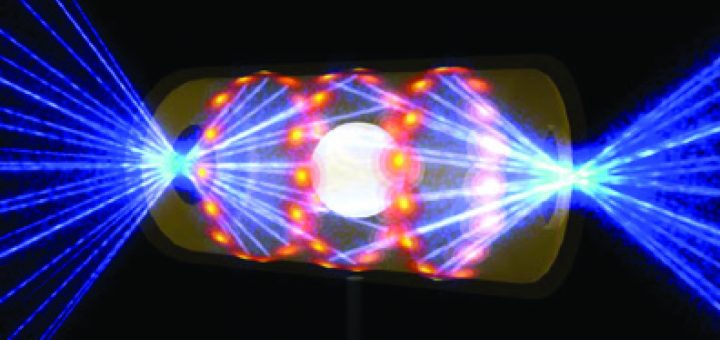These penguins nap 10,000 times a day
Nesting chinstrap penguins take nodding off to the extreme. These birds dip into slumber many thousands of times per day, sleeping only seconds at a time. The penguins’ breeding colonies are noisy and stressful. Threats from predatory birds and aggressive neighboring penguins never seem to let up. But their extremely disrupted...




























Recent Comments